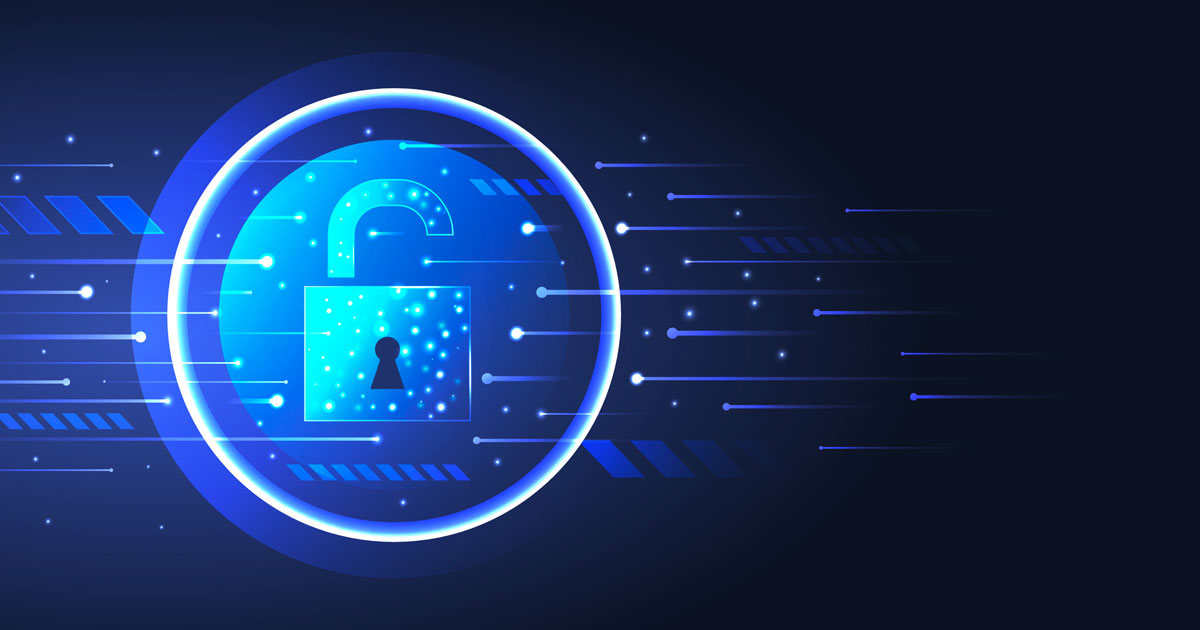FET Blogs


FET Blogs



11 January 2020
When we read the word "cyber security" we tend to think of dangerous cyber-attacks capable of destabilizing an entire nation. And we are not saying there isn't some of that. In the depth of the Internet, there is a constant war to protect the classified information of each country as global macro-corporations.
That's why in today's article we want to focus on cyber security at the user level, which affects us. And to that end, we are going to explain:
This way you can protect all your data and prevent possible threats.
Are you ready? Let's get started.
The rapid advancement of technology allows everyone to be permanently connected to the Internet. This makes it easier for us to search for information, but it also puts our personal data in a box so that anyone skilled enough can access it.
So the more we depend on the Internet, the more necessary cyber security becomes. Some say that the only possible solution to this scenario is to abandon technology and live in the mountains like a hermit, and well, it's an option. But, since you and we are in the business of researching (and the Internet is one of our key tools), we would better explain to you the most common threats we face. That way, you can get a clear idea of how useful (and necessary) this practice is.
Here's a devastating fact: the threats to cyber security are endless.
This does not mean that nothing can be done to protect our information, but it is necessary to take this into account to put all possible barriers to those who try to violate it. New ways of circumventing computer security defenses are emerging every day, and we need to be vigilant.
But don't panic, we’ll explain later how you can improve your cyber security. For now, let's focus on the most common online threats:
Cybercrime: This threat occurs when criminals with sufficient skills access protected computer systems in order to make a clear profit, such as financial gain or information kidnapping.
Cyberterrorism: this is a more complex concept than the previous ones and also more dangerous. It aims to foster a state of terror and panic among a particular population, threatening their stability and way of life. For example, if one of these attacks succeeded in disabling the computer systems used by a country, the damage would be tremendous (yes, we know it sounds very movie-like, but believe us, it is being attempted every minute).
As you can see, there are different levels of threats and for all of them there must be a contingency strategy. It is clear that the information a company can store is not the same as the information we can store as basic users. Even so, it is in your best interest to protect your data, as there will always be those who want to infringe on the privacy of others or hijack valuable information (such as bank access details or compromised photographs).
Jain (Deemed-to-be University) offers B.Tech course in Cyber Security and Digital Forensics! But you will know how to tackle those threats; you can work for Cyber defense companies, for government protecting the beautiful Internet from these bad guys!
A1: Cybersecurity domains include access control, network security, governance, software security, cryptography, architecture, operations, continuity, compliance, and physical security.
A2: Python is favored in cybersecurity for its versatility and robust security libraries.
A3: Cybersecurity’s five elements are confidentiality, integrity, availability, authenticity, and non-repudiation.
A4: Cybersecurity focuses on protecting data, networks, and systems from threats and breaches.
Popular Post
17 February 2026
AIE Full Form
10 February 2026
AEIE Full Form
22 January 2026
AE Full Form
16 January 2026
What is Aerospace Engineering?
16 January 2026
What is Chemical Engineering?
Ask an Expert for Free